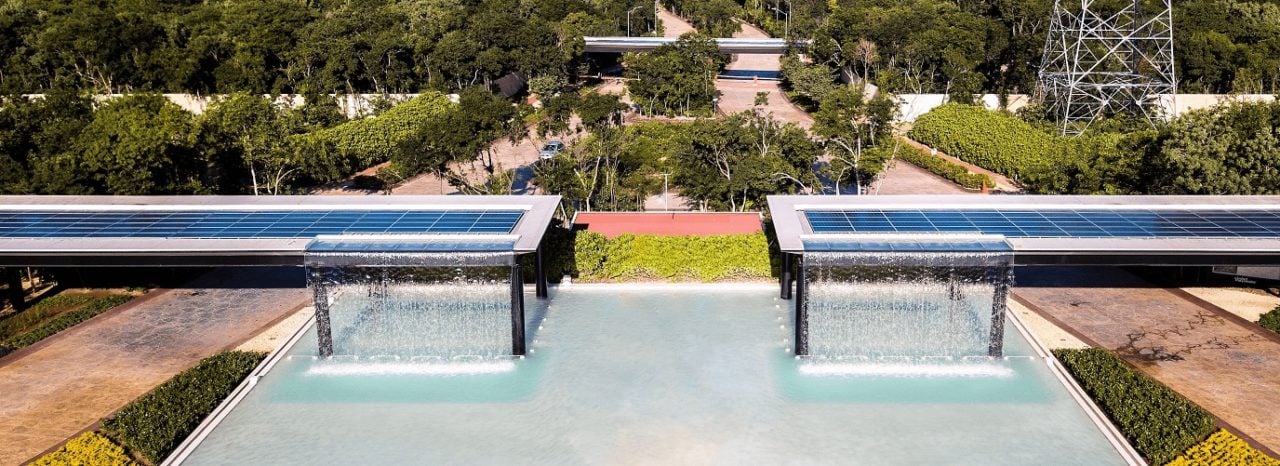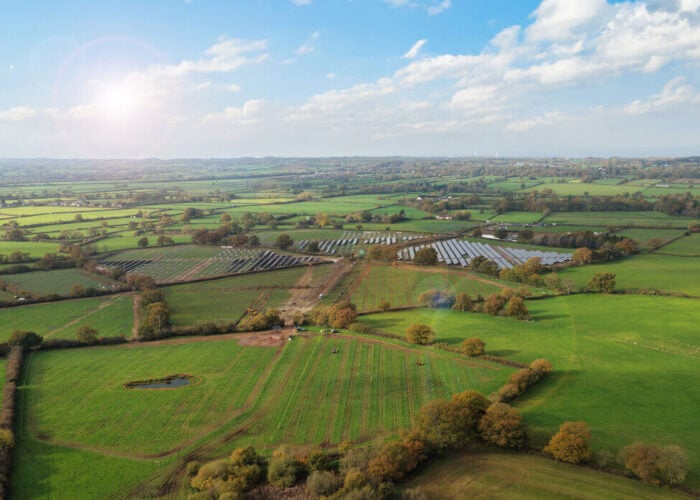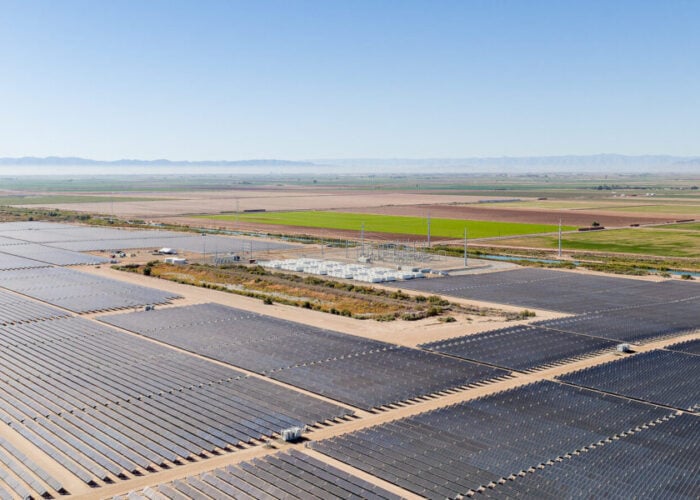
Earlier this week, Spanish solar association UNEF convened a webinar to explore how the industry is navigating the impacts from the COVID-19 crisis. The session, attended online by PV Tech (see here for full coverage), opened the floor to sector players facing component delays and the government-mandated shutdown of solar factories and power plant construction work.
What follows is a selection of some of the statements by José Benjumea, CEO of self-consumption developer Powen, as he addressed webinar attendees and fellow speakers.
Try Premium for just $1
- Full premium access for the first month at only $1
- Converts to an annual rate after 30 days unless cancelled
- Cancel anytime during the trial period
Premium Benefits
- Expert industry analysis and interviews
- Digital access to PV Tech Power journal
- Exclusive event discounts
Or get the full Premium subscription right away
Or continue reading this article for free
On Powen’s response so far:
“This has caught all of us by surprise … We did face some delays with Chinese modules but as the situation evolved so quickly it ended up joining with the [more recent] lockdown in Spain – that is to say, we were installing up until last week whilst applying security measures but now we have stopped.
“We’re still working remotely and assisting on the O&M front … I wish there’d been more clarity. For instance, with O&M we weren’t sure if it was okay to continue – we’ve opted to continue and there hasn’t been any problem yet.
On the sales front we try and highlight the benefits of self-consumption but I understand customers have other things to think about.”
On the broader implications for the Spanish self-consumption segment:
“In this country, self-consumption had known years of struggle and restrictions but for the first time clarity was coming through, with regulatory changes such as a scrapping of the sun tax … Customers were starting to enjoy the benefits of self-consumption.
“We’ve suffered a lot, fought a lot and now we’re facing another standstill … we have yet another long road ahead of us and not because solar is not a sound proposition, but because there’ll be a shock across the board for our customers.
“With support from the government, though, with concrete measures I think we could come out stronger. I look at the current crisis with respect but also optimism.”
On whether tighter budgets will put companies off investing in self-consumption:
“It’s hard to make predictions… The first thing a company does when there is uncertainty is to paralyse everything, especially investment, and self-consumption will clearly fall into that.
“However, I believe the standstill will be temporary because self-consumption’s strengths are there, perhaps even more so.
“This is more than ever the time to make savings, to be competitive, self-sufficient and sustainable. This crisis has revealed our dependency – self-sufficiency from an energy standpoint is even more important.”
On whether the COVID-19 crisis will raise solar prices:
“There hasn’t been a crisis around raw materials so there shouldn’t be price rises … as soon as factories start re-launching we shouldn’t struggle with supply. I think delays are unavoidable but prices should not jump … China is already recovering.”
On whether Spain should futureproof solar supply by developing domestic manufacturing:
“My view as the final client, and not the manufacturer, is that it is good to draw lessons from this situation … I think the benefits of having certain [domestic] capacity, to be self-sufficient in certain areas such as healthcare, have become obvious.
“But we’d better examine everything carefully. It’s okay to promote domestic manufacturing of equipment but only as long as it doesn’t hamper competitiveness – perhaps the comparison is absurd but if assembling a Spanish panel costs twice as much as a Chinese product … we’d better be careful.”
On whether the COVID-19 crisis will hamper investment in solar:
“I think things will return back to normal in the longer run … solar is an industry that generates an asset, kilowatts per hour, that is both real and necessary.
“Projects will remain completely investible but will perhaps become a venture for specialists … It doesn’t make sense to squeeze an asset as solid as solar for the short time we’ll be [in this crisis] so I think banks will be flexible.
“My concerns lie with the longer term. This has to relaunch … How quickly will we be able to restart factories? That’s my worry … But I deal with many final clients and everyone will be understanding. What has happened is a clear example of force majeure.”
The prospects and challenges of solar's new era in Europe will take centre stage at Large Scale Solar Europe 2020 (Lisbon, on 30 June-1 July 2020).
This publication has also set up a tracker to map out how the COVID-19 pandemic is disrupting solar supply chains worldwide. You can read the latest updates here.
If you have a COVID-19 statement to share or a story on how the pandemic is disrupting a solar business anywhere in the world, do get in touch at [email protected] or [email protected].






